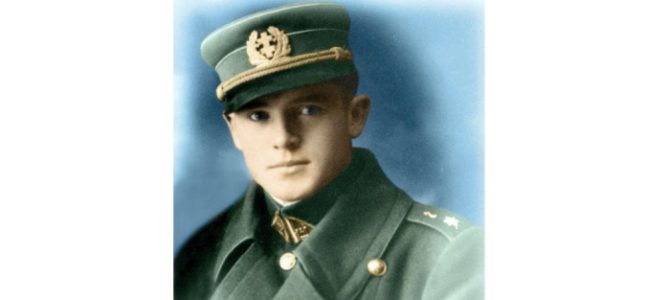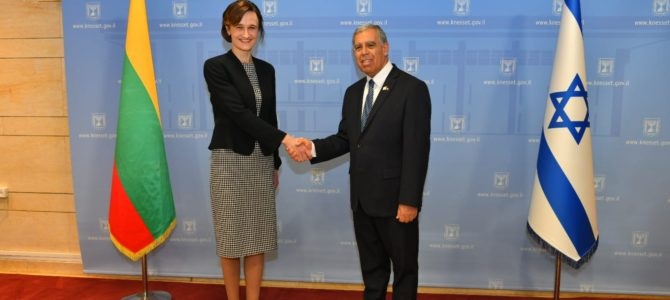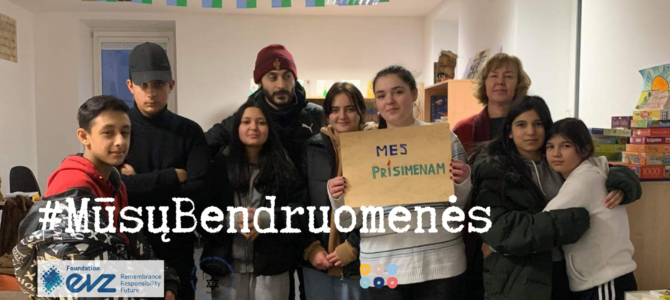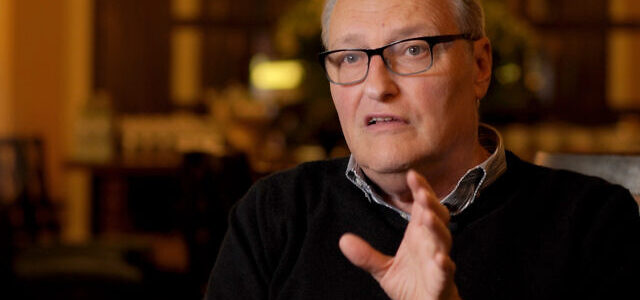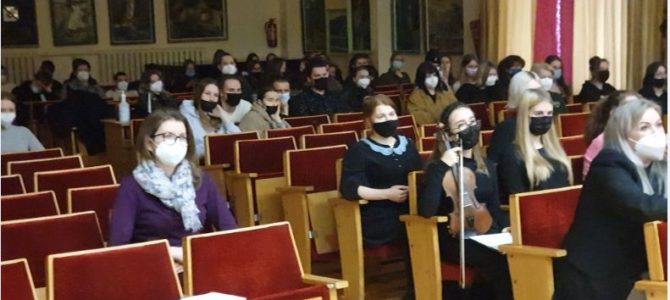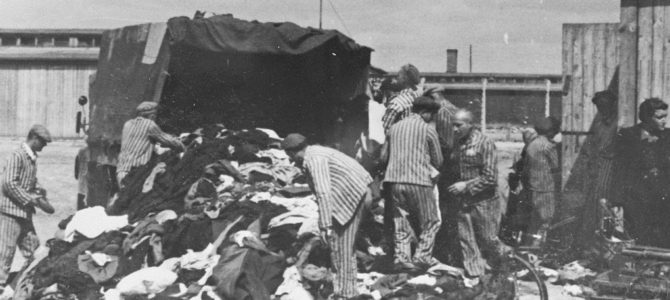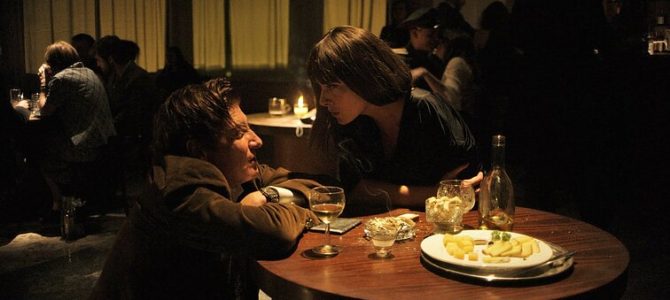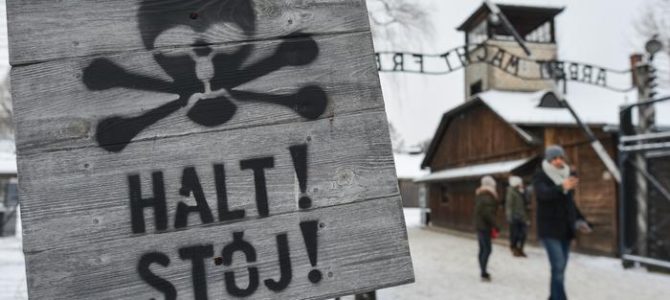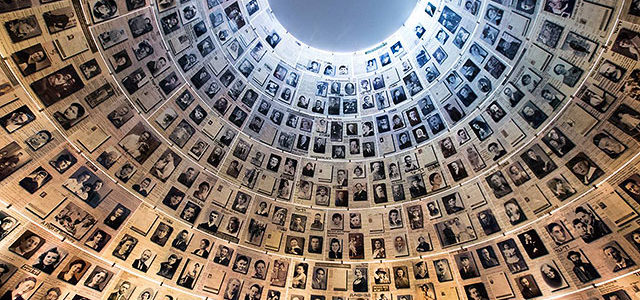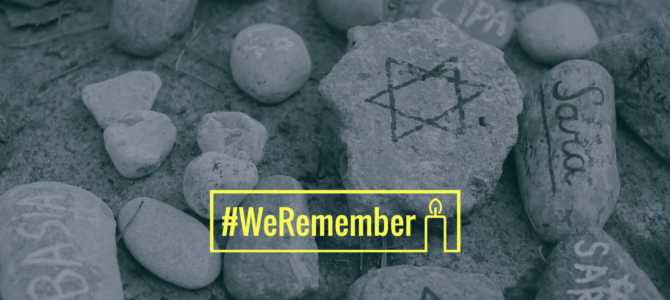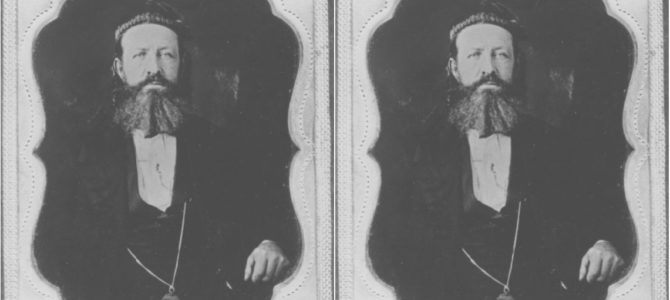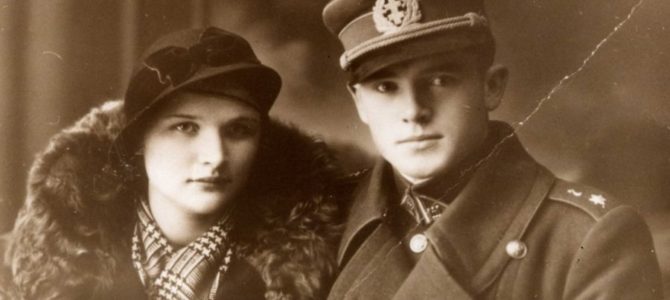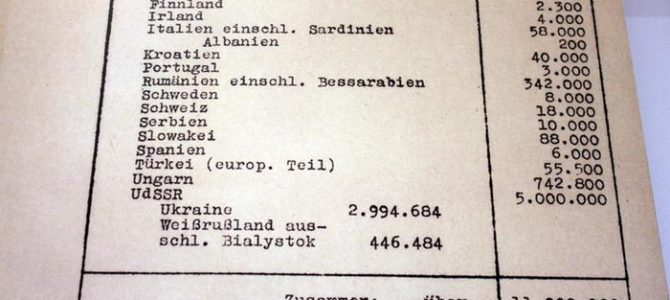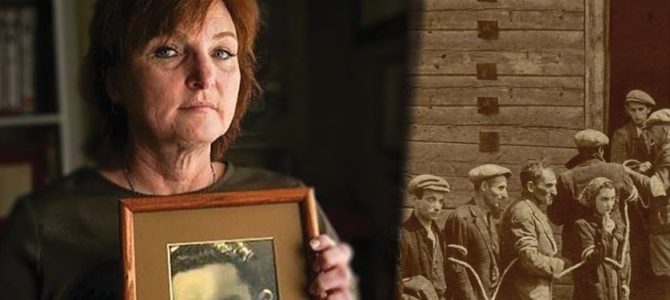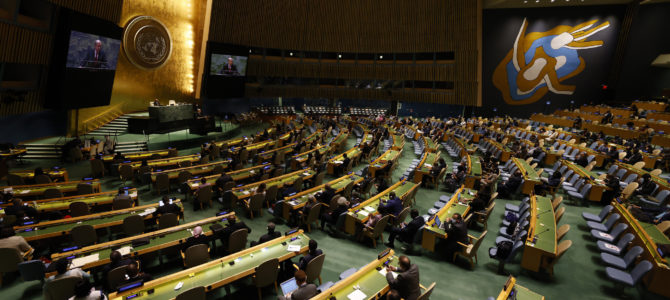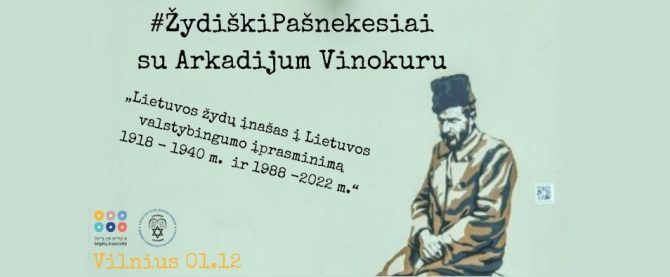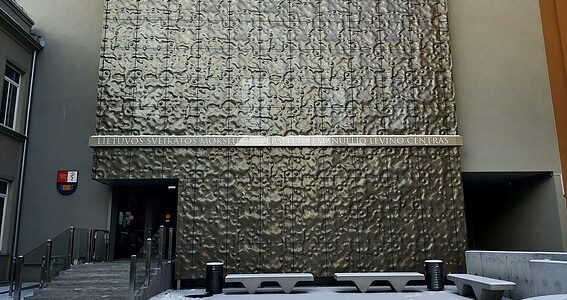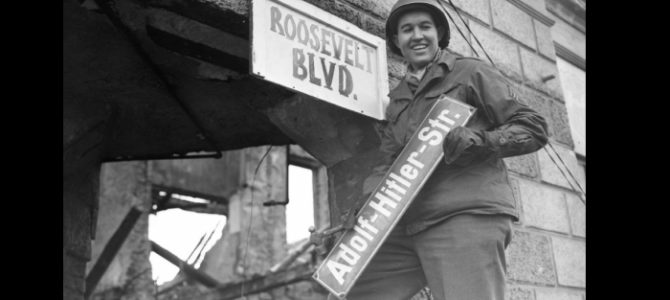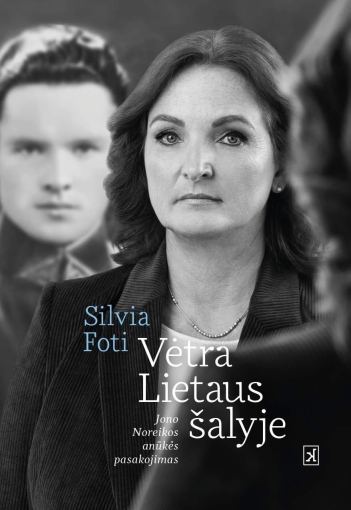
Lithuanian publisher Kitos Knygos has announced the impending launch of SIlvia Foti’s book about her grandfather Jonas Noreika in Lithuanian under the title “Vėtra Lietaus šalyje” [Storm in the Rain Country].
“Journalist Silvija Kučėnaitė-Foti (born 1961) grew up in Chicago’s Lithuanian community hearing about her grandfather’s achievements fighting for Lithuania’s freedom. He was initiator of the June Uprising, imprisoned at the Stutthof camp by the Nazis and killed by the KGB when he returned to Lithuania,” Kitos Knygos wrote on their facebook page.
“Before she died, her mother asked Silvia to complete her mission, to commemorate General Storm in a book. Silvia agreed. Later when she was travelling in Lithuania she discovered people who believed Noreika as head of the Šiauliai district during the Nazi occupation perpetrated Holocaust crimes. Silvia, who considered her grandfather an important hero of the Lithuanian nation, found this incredible: could her family really have hidden from her salient facts in Noreika’s biography?
“In this literary memoir the author presents her 20-year-long investigation of her grandfather’s actions in 1941. This is the story of the author’s own difficult road to learning the truth about her family. Foti relies upon Noreika’s correspondence, orders signed by him, documents issued by the Lithuanian Activists Front and KGB and other documents. The book includes compelling portraits and recollections from Noreika’s fellow travellers.
“This will be an authorized and checked edition. Martas Geležauskas translated from English, Darius Pocevičius translated Russian-language KGB documents and Asta Bučienė and Aira Naiuronytė edited the text. Kazimieras Dainovskis did design.”
Lithuanian publisher’s facebook page here.
